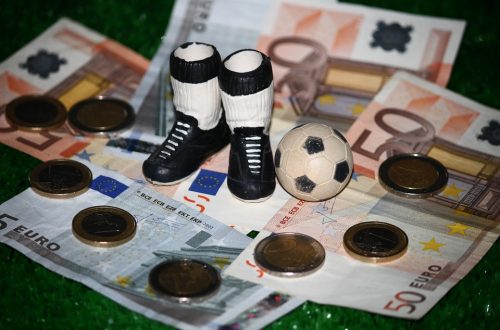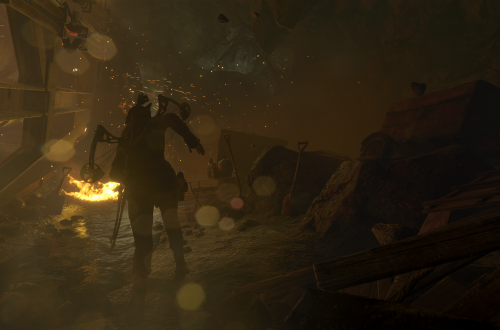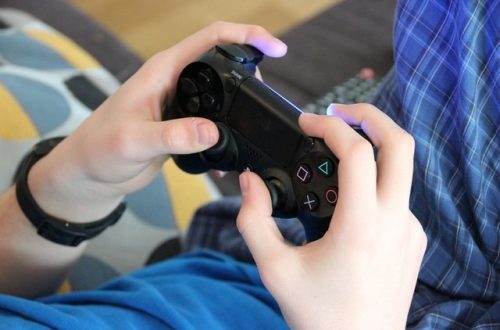Battle Royale is at an all-time high right now. In terms of popularity, the genre has long surpassed MOBA, and in terms of aggregate turnover has come close to detectives: there are hundreds of battle royales on the market. Among them there are probably a dozen successful ones, and even a few good ones. But first among equals is PlayerUnknown’s Battlegrounds.
PlayerUnknown
It began, as is often the case in the industry, with an amateur mod. PUBG creator Brendan “PlayerUnknown” Green, photographer and designer, loved two things: war simulators and teenage dystopias. The fruit of this love was “modification to modification” – Battle Royale for the extremely popular at the time online zombie survival game DayZ, in turn based on the tactical shooter ArmA 2.
The title of the book by Koshun Takami that inspired DayZ: Battle Royale is a fair guess, even for someone who has never read anything outside of the school curriculum or seen a Takeshi Kitano movie. In the novel Battle Royale and its film adaptation, the rules of the game were described long before Mr. Green took over. All he had to do was to replace conditional Asia with equally conditional Eastern Europe, schoolchildren with various freaks, forbidden sectors with a constantly narrowing circular safety zone, add a parachute jump as a cheerful start, and reduce the match time from three days to thirty minutes.

Another work that influenced the creation of Battle Royale was, oddly enough, the Hunger Games series. According to Green, it was the film with Jennifer Lawrence in the title role and prompted him to translate the ideas floating in his head into life. Initially, he even planned to distribute the equipment just as in the movie: just pile all the weapons in the center of the arena, and then let the players sort it out themselves. Fortunately, this idea was eventually abandoned, and the most tense moment (the fight in a tiny area) eventually logically moved from the beginning to the end of the round. Now you can already look for information about pubg crosshair color and other data, but all that was available thanks to Bluehole.
Korean publisher Bluehole saw the potential in Green’s idea, because the format was completely unknown to the Asian audience. The company did not go wrong, taking on PUBG. In 2017, the game was released in early access on Steam and burst like a nuclear fuse, instantly taking over all the ratings and tops. The project gathered its first million sold copies in a week, five million in a little over a month, and, seemingly without straining at all, crossed the threshold of a peak online audience of three million people.
PUBG got a new life on mobile platforms. The version for iOS and Android turned out to be not just a casual money squeezer: it’s a beautiful, exciting and, most importantly, a full-fledged battle royale in a portable format, and for free. No wonder that in the Asian region, especially in China, which is obsessed with online games, pubg login has become very popular, beating the popularity record of its older PC sister a dozen times.





